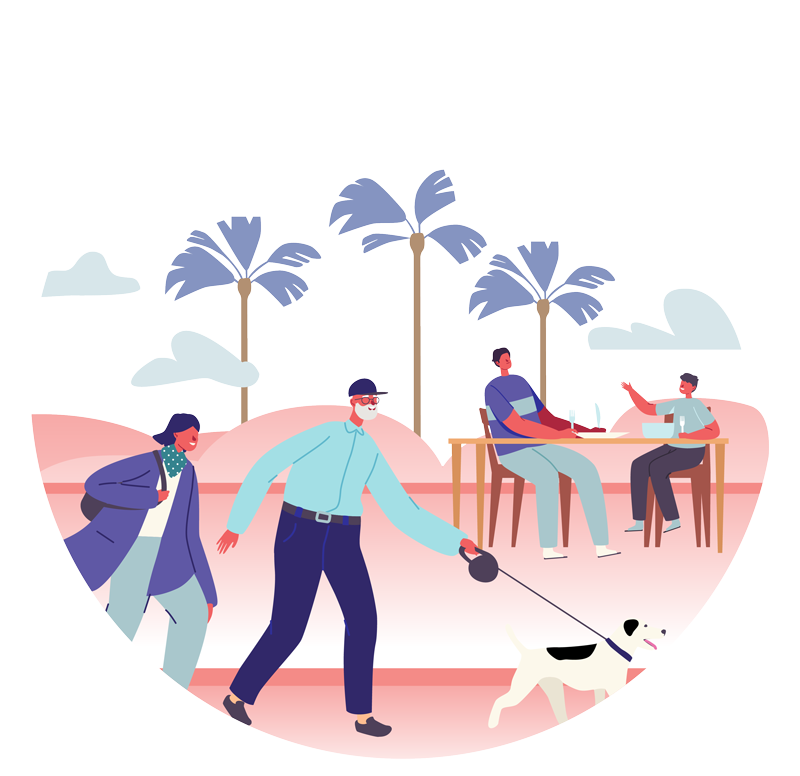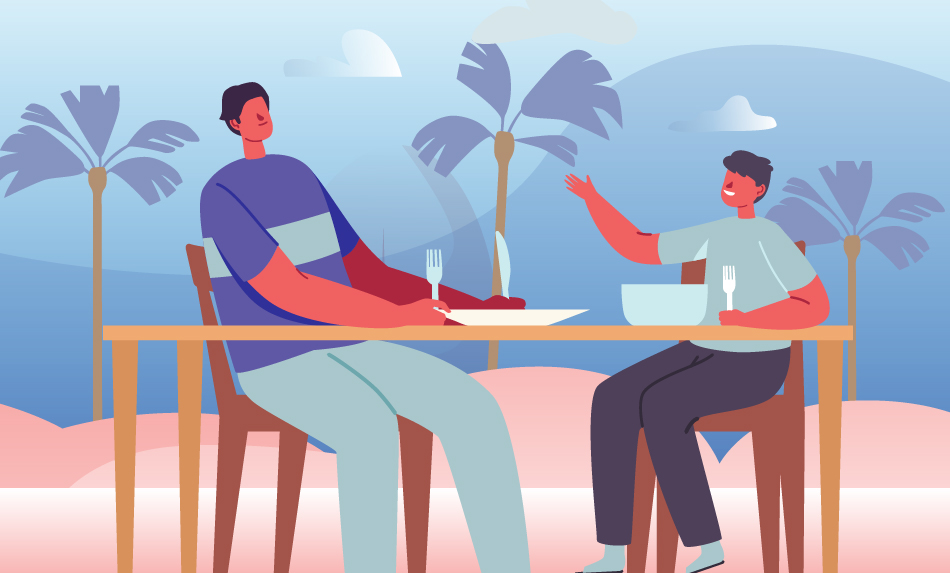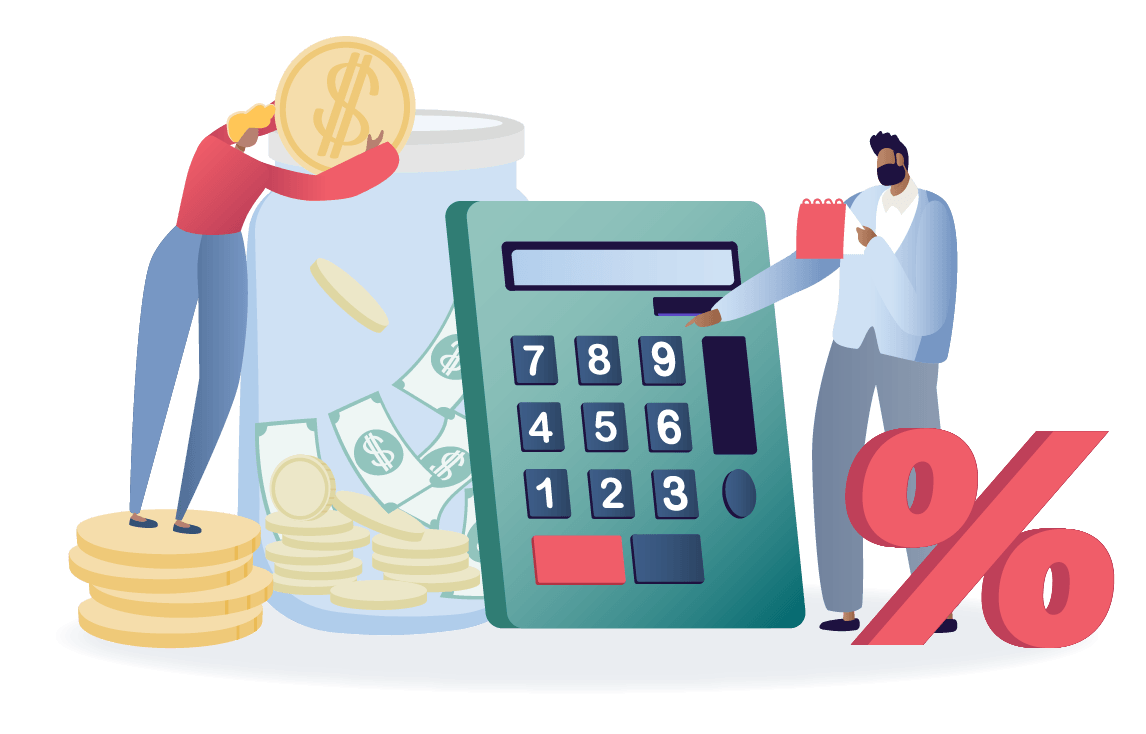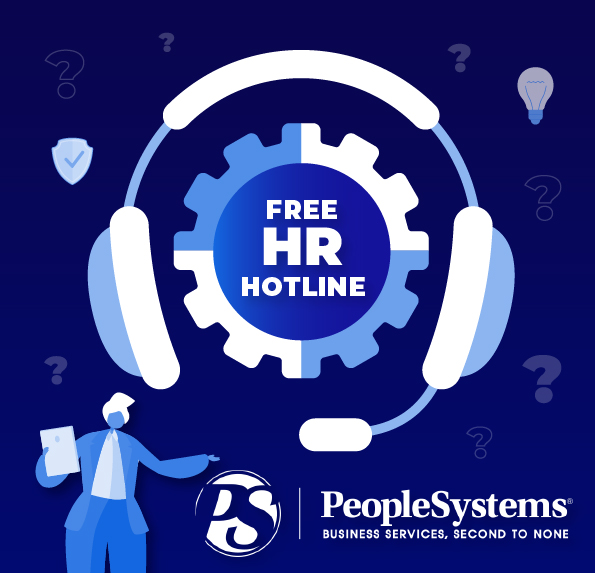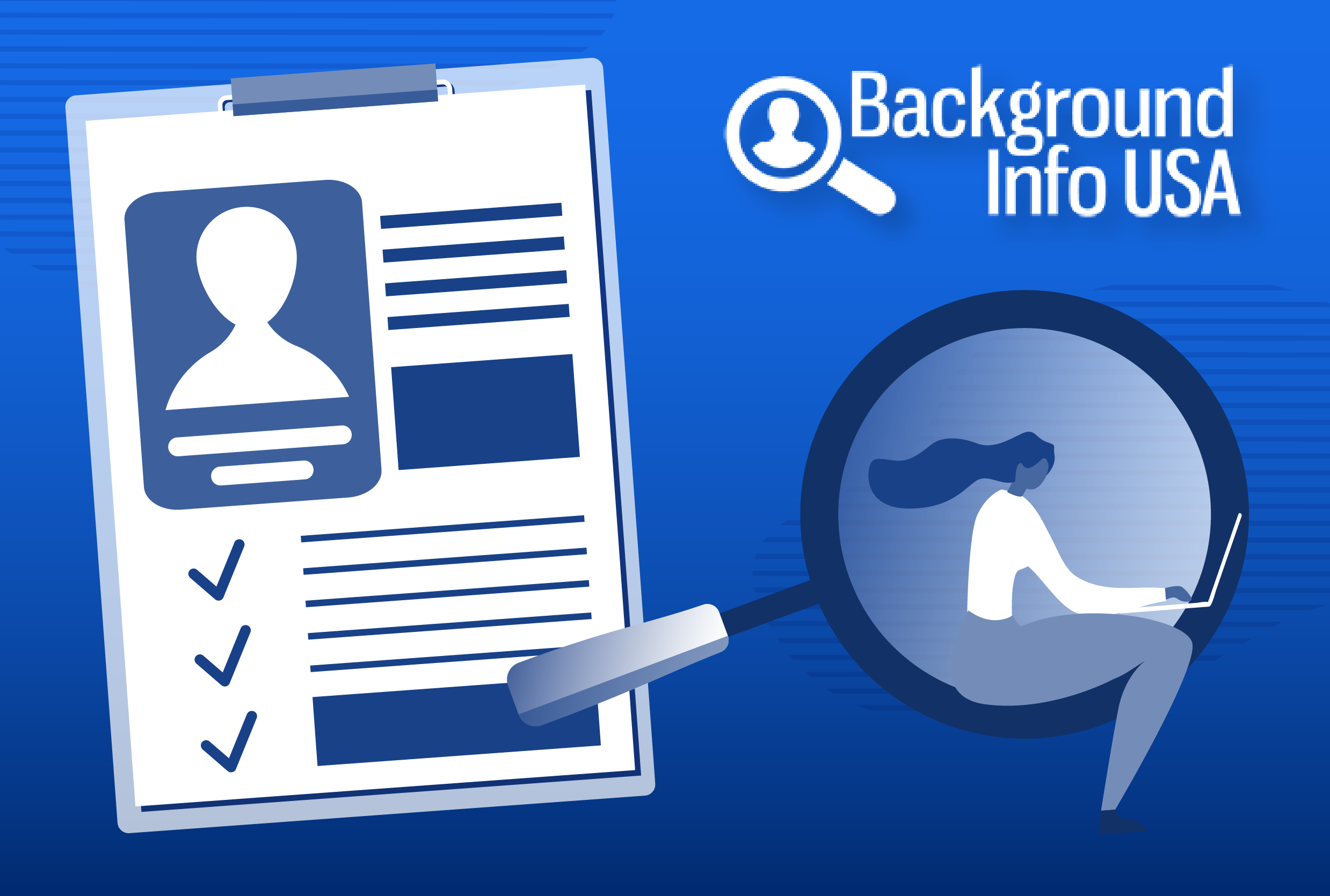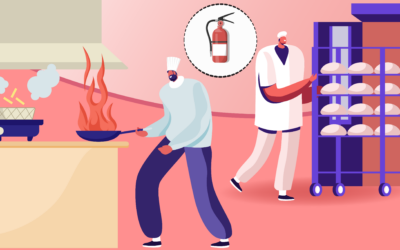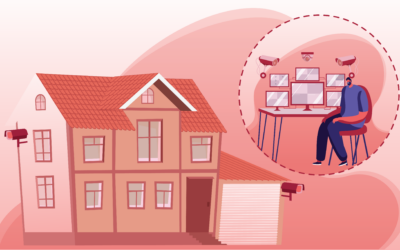As warmer weather rolls in, restauranteurs across the country are initiating or relaunching outdoor dining operations. While this can be a great opportunity to offer expanded seating at your establishment and draw in clientele on sunny days, it also presents a unique set of hazards. Below, browse our tips for keeping your outdoor dining exposures to a minimum.

Safeguard Your Customers, Pedestrians, Vendors and Others From Injuries
- Inspect your sidewalk, driveway, parking lot and any area where there is outdoor seating or outside walking space. Can a stiletto heel fit into any of the cracks? Are there any potholes or uneven areas that could cause someone to trip or fall? Have a licensed and insured contractor repair any of these deficiencies.
- If you have an upper-level deck, a raised platform or stairs used by guests, ensure all railings are tall enough and properly secured and have correct baluster spacing.
- If you offer outdoor dining at night, install appropriate exterior lighting. Additionally, use reflective tape to help patrons identify changes in elevation or other hazardous areas.
- Install barriers, such as traffic barrels, guard rails and fillable barricades, between your outside eating location and the roadways. (Please refer to your municipality’s guidelines.) Freak vehicle accidents happen, and the right barrier can potentially save a life or reduce injuries.
- Tables, chairs, umbrellas and tents should be weighted and secured when not in operation. (Umbrellas and tents should not be used during inclement weather, such as high wind conditions.)
- Protect patrons from heat exhaustion or sunburn by installing proper shading. Patron burns can also result from metal tables/chairs being too hot.
- Ensure there is enough space for pedestrians to walk. A lack of space can lead to people running into or tripping over signage or tripping/falling into patrons, walked dogs biting patrons, etc. Clear access should also be given for transit stops, crosswalks and handicap spaces. (Consult your local township ordinances for guidance on required spacing.)
- Prevent the threat of falling objects, such as a window air-conditioning unit or a hanging sign, by making sure such objects are properly installed and secured.
- Avoid outside food preparations, as this increases the chance of food contamination or food poisoning.
- Clear away excess vegetation, paying attention to any poison ivy/oak that may be in your area.
- Consider utilizing safe insect repellants to minimize pesky bugs from interfering with your patrons or their food and beverage.
Prevent Property Damage (Your Building Is Still Important!)
- Avoid the operation of open fire pits.
- Ensure that any temporary wiring is properly and securely installed by a licensed and insured electrical contractor.
- Maintain clear access to fire hydrants.
While no one can predict what can go wrong at your place of business, taking these necessary steps can help stop or reduce the most common claims from occurring on your premises.
